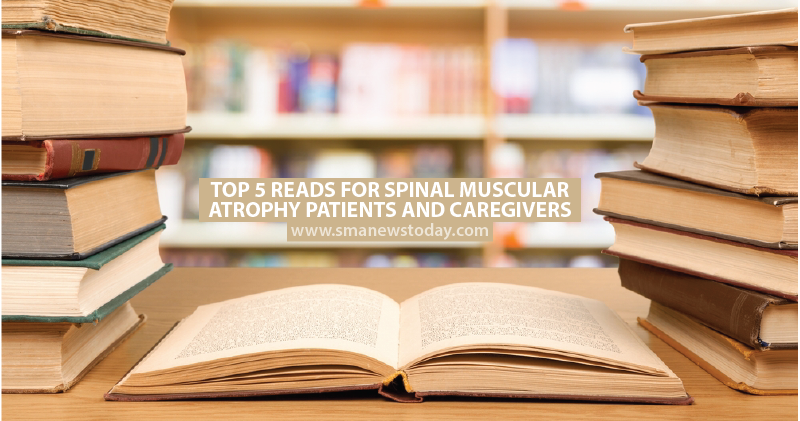Top 5 Reads for Spinal Muscular Atrophy Patients and Caregivers

Spinal muscular atrophy (SMA) is a rare neuromuscular disorder that causes a loss of motor neurones and muscle, often causing premature death in patients. Being diagnosed, or being a parent of a child diagnosed with SMA can be daunting. Here’s a list of helpful and informative books for patients, parents and caregivers alike.
1. “Courage is Compulsory” by Tori Elliott, Sam Mildon and Laura Gould
This book shares the stories of real SMA patients. It’s an inspiring read for young people facing similar challenges and a source of comfort for family members of someone facing a short lifespan.
2. “Spinal Muscular Atrophy – Disease Mechanisms and Therapy” by Sumner, Paushkin & Ko
This comprehensive reference covers recent advances in SMA research as well as an overview of disease mechanisms, pathology, standards of care, and therapeutic development. Written by experts on the disease, this book is a recommended read for both patients and caregivers who want to come to grips with the mechanisms of the disorder.
MORE: Seven support care areas that can help patients with SMA
3. “SMA Type 2 and Me” by SMA Support UK
This book is aimed a children suffering from SMA. Explaining a disease like SMA to a child can be difficult, so this is a helpful source to help explain the situation both to the child and their friends.
4. “SMA Type 3 and Me” by SMA Support UK
Again, a book aimed at children to help explain the nature of the disease, what is happening and what is going to happen. Aimed at a children aged 8 and over, but could also be used to read to younger children.
5. “Curious George Goes to the Hospital” by H. A. Rey and Margret Rey
A fun story to make SMA seem less intimidating for children diagnosed with the disease. A bright, lively, illustrated story about George the monkey and his journey to the hospital.
MORE: 11 function and mobility aids for children with SMA
SMA News Today is strictly a news and information website about the disease. It does not provide medical advice, diagnosis or treatment. This content is not intended to be a substitute for professional medical advice, diagnosis, or treatment. Always seek the advice of your physician or another qualified health provider with any questions you may have regarding a medical condition. Never disregard professional medical advice or delay in seeking it because of something you have read on this website.







